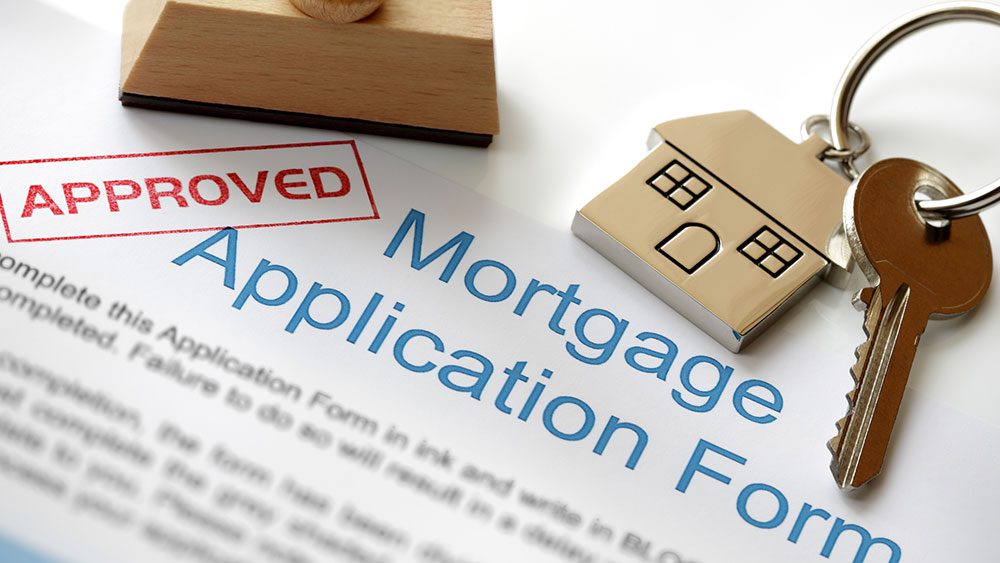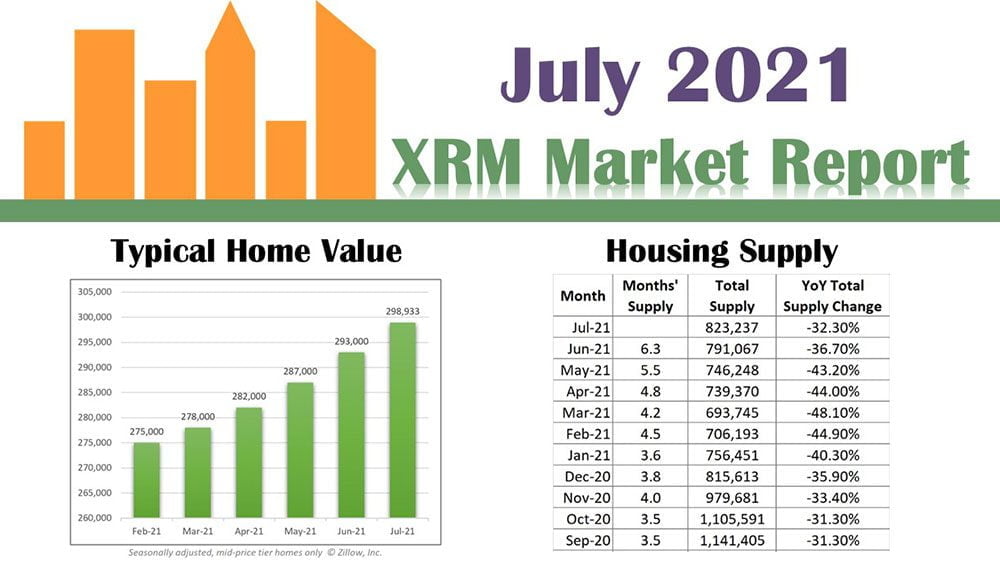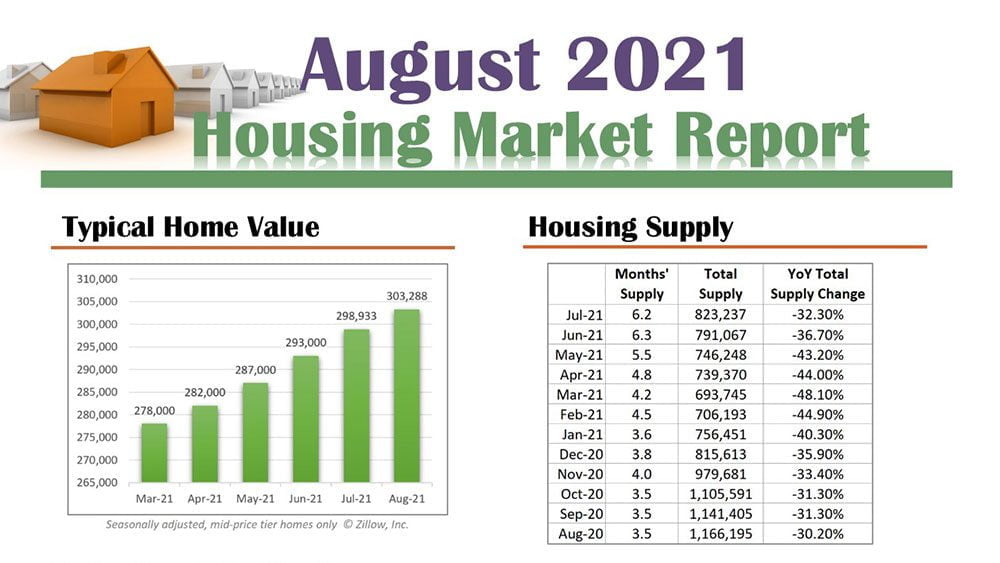Unless homebuyers pay cash for the total price of a home, they are likely to borrow at least some of the money needed to make the purchase. Banks, mortgage companies, and other lenders offer a broad array of secured loans, known as mortgages, to help buyers realize their dream.
A mortgage is a loan used to purchase real estate, whether for a home, land, or another property type.
Once a real estate transaction closes, the borrower must begin making payments to the lender over time at a predetermined frequency. There is also an interest rate applied to the loan, which can be at a fixed rate or may be adjustable.
During the entire life of the mortgage, which ends only after the balance has been completely paid, the property will act as collateral for the lender in case the borrower does not pay back the loan.
Securing a Mortgage
Every lender’s goal is to ensure that all the money they lend is recoverable. As a result, the mortgage loan approval process can be extensive, requiring the borrowers to demonstrate a reasonably solid credit history and proof that they can manage future mortgage payments.
Underwriters will usually review the prospective borrowers’:
- Credit history.
- Proof of Income.
- Prior tax returns.
- Bank account statements.
- Investments statements.
Also, note that the real estate taxes and property insurance are also part of the buyers’ obligation and must be considered when determining the buyers’ ability to handle the overall cost of ownership. Most times, these obligations are an additional part of the monthly payments to the lender, who will keep these in an escrow account to pay when due.
Once the mortgage application is approved, whether for preapproval or final approval, the lender offers mortgage loan terms of a certain amount and type at a specified interest rate.
Mortgage Interest Rates
Lenders set mortgage interest rates based on the prevailing market rates and other factors like the borrower’s credit quality, loan length, and whether the mortgage will remain fixed or adjustable.
Fixed And Adjustable Mortgage Rates
- Fixed-Rate Mortgages involve a commitment from the lender that the interest rate will never change during the life of the loan. Most fixed-rate loans are for 15 or 30 years, although other periods are available. For example, when borrowers qualify for a 30-year fixed-rate mortgage, the monthly principal and interest payment will never change throughout the entire length of the mortgage. Borrowers may choose to pay off the mortgage early and reduce the total interest paid during the life of the loan.
- Adjustable-Rate Mortgages (ARMs) provide an alternative to fixed-rate mortgages by allowing borrowers to initiate a mortgage, usually at a somewhat lower interest rate at the outset, for a predetermined period. At the end of that initial period, the rate can adjust, potentially upward, based on market conditions. ARMs are a popular choice for buyers who wish to begin with lower monthly payments while expecting their income to increase over time.
- Interest Only Mortgages are less common and often considered riskier than other borrowing options. These loans, offshoots of ARMs, allow the borrower to pay only the interest on the money borrowed for an initial period, perhaps ten years. At the end of that time, the borrower either pays off the loan in a lump sum or makes adjusted principal and interest payments at the prevailing rate.
Down Payments
Most mortgages require some down payment. Although government-backed FHA and VA loans will allow for significantly lower down-payments, 20% of the selling price is ideal for bolstering the lender’s confidence in the borrower. In these instances, the lender is more assured that even if a default should occur, they are more likely to recover the entire balance of the loan. As a result, the mortgage interest rate they offer may be less than with a lesser down payment.
Borrowers who advance down payments less than 20% for uninsured loans are often required to add private mortgage insurance (PMI) premiums to their monthly payments until their equity reaches at least 20% in the property.
Work with a Qualified Realtor and Lender
When prospective homebuyers begin their quest to purchase a home, determining how much they can afford is an essential first step. Setting a pre-approved limit will save time and allow their Realtor to narrow down the range of options for a realistic home search.
Working with a proven, reputable lender in advance helps the homebuyer create a realistic strategy that incorporates their borrowing limit, down payment, and monthly payment objectives to eliminate undue stress in the future.
© 2024 xpertRealtyMarketing.



